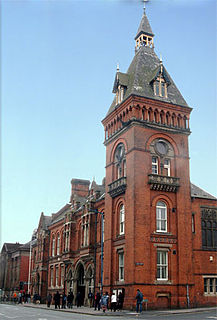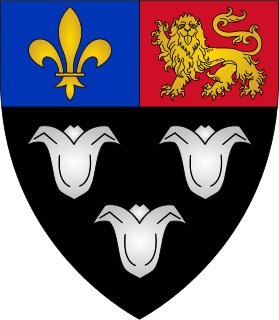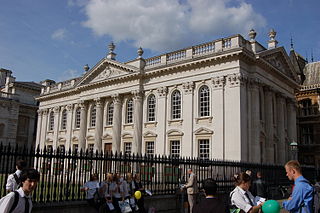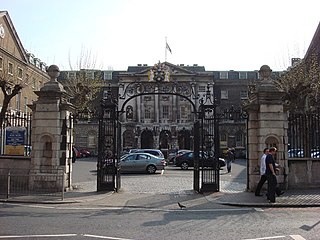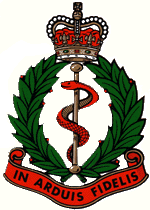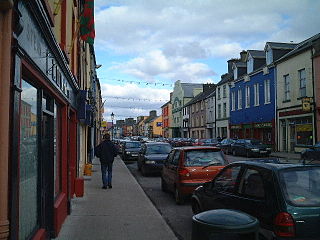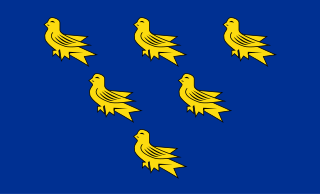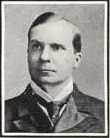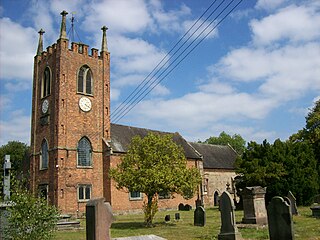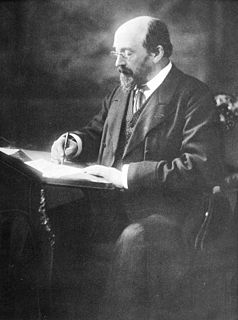Sir Edwin Cooper Perry, GCVO (1856-1938) was a physician and medical administrator who became Vice-Chancellor of the University of London. He played a significant part in the foundation of the College of Nursing, now the Royal College of Nursing, in 1916 and later the London School of Hygiene and Tropical Medicine. [1]

A physician, medical practitioner, medical doctor, or simply doctor, is a professional who practises medicine, which is concerned with promoting, maintaining, or restoring health through the study, diagnosis, prognosis and treatment of disease, injury, and other physical and mental impairments. Physicians may focus their practice on certain disease categories, types of patients, and methods of treatment—known as specialities—or they may assume responsibility for the provision of continuing and comprehensive medical care to individuals, families, and communities—known as general practice. Medical practice properly requires both a detailed knowledge of the academic disciplines, such as anatomy and physiology, underlying diseases and their treatment—the science of medicine—and also a decent competence in its applied practice—the art or craft of medicine.

The University of London is a federal research university located in London, England. As of October 2018, the university contains 18 member institutions, central academic bodies and research institutes. The university has over 52,000 distance learning external students and 161,270 campus-based internal students, making it the largest university by number of students in the United Kingdom.

The Royal College of Nursing (RCN) is a membership organisation and trade union with over 432,000 members in the United Kingdom. It was founded in 1916, receiving its royal charter in 1928. Her Majesty Queen Elizabeth II is the patron. The majority of members are registered nurses; however student nurses and healthcare assistants are also members.They also have a reduced cost retired persons membership.

